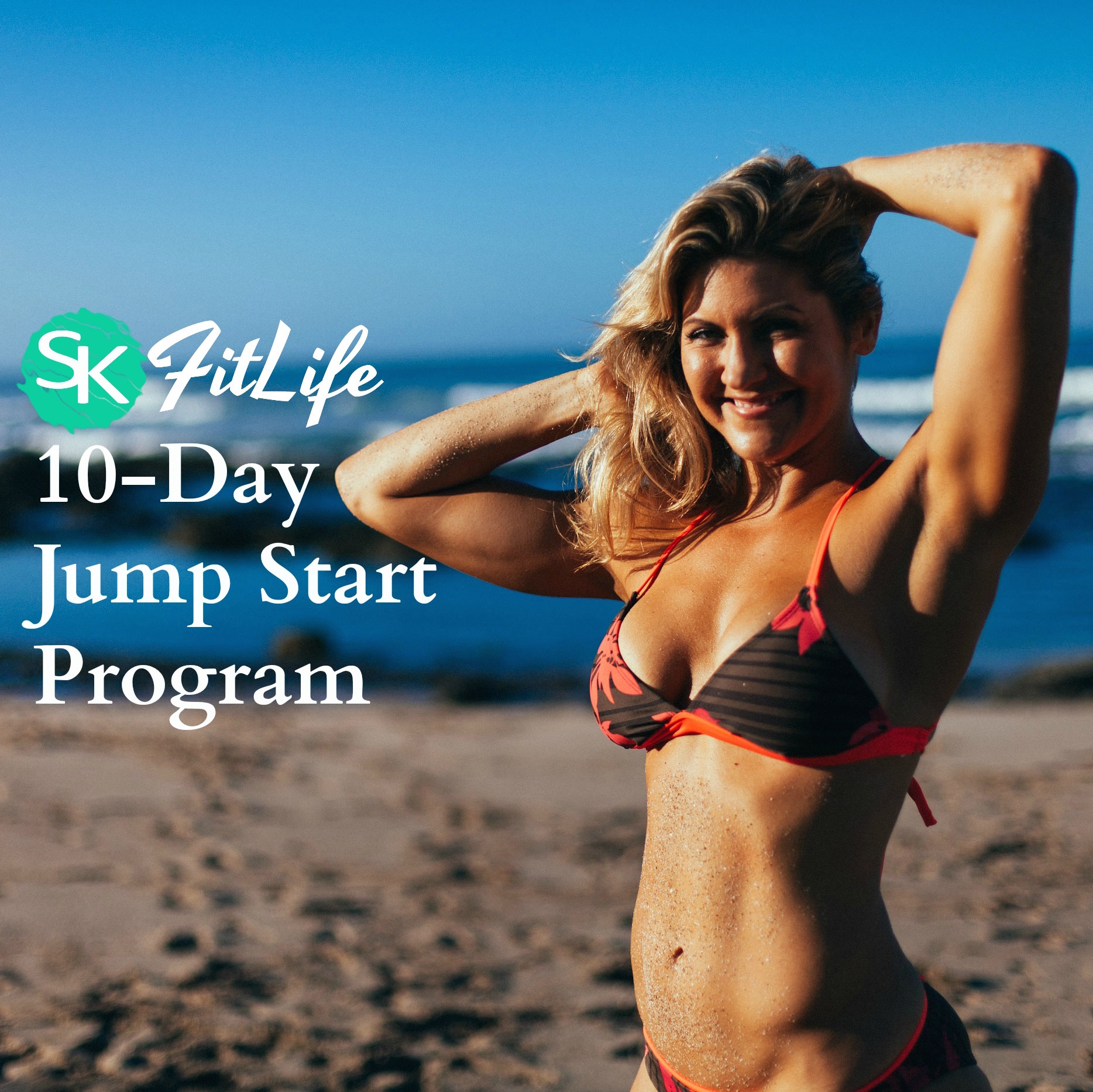All athletes invest a lot of their time staying in shape and finding the right athletic shoes which is quite understandable. After all, they need to be in their top shape when they are playing the game, right?
The sad part is, the majority of them neglect one crucial thing— their nutrition. This is most especially true with beginner athletes who have a high tendency to under-fuel for their workouts and their tournaments.
To help you prevent that, here are a few nutritional tips for athletes that you have to keep in mind when prepping for the big game:
 1. Do carbohydrate loading properly.
1. Do carbohydrate loading properly.
Carbohydrates fuel all athletes. When you consume carbs, your body converts those into glucose which will be eventually stored in muscles as glycogen.
When you perform your workout, the glycogen stores in your muscles are converted into energy. For workouts under 90 minutes, the glycogen stores in your muscles are already enough to fuel your workout.
But if you plan on doing workouts longer than that, you may have to do some carbo loading.
You can do this by consuming a diet that is made up of 70% of carbohydrates from pasta, fruits, cereals, and bread. Do this 3 to 4 days before your event.
2. Get enough protein but avoid consuming too much.
This may not be your energy source, but protein is vital for your health as they can help restore muscle strength and endurance. However, it is vital that you avoid consuming too much protein as it can put a strain on your kidneys.
According to studies, the protein requirement of an athlete is 1.7 grams of protein per kilogram of his body weight.
You should also be picky when it comes to your protein sources. Shy away from eating protein supplements and focus on high-quality sources instead. These may include nuts, milk, eggs, beans, lean meats, poultry, fishes, and many more.
3. Keep your greens in mind.
The foundation of an athlete’s diet is protein and carbs. After all, carbs give you the fuel you need to go through your workout while proteins facilitate the healing and recovery of your muscles and ensure that you will deliver high performance during your game.
Because of this, greens take the backseat. One important thing that you should understand is the fact that your carbohydrate and protein consumption will not be appropriately used without vitamins and minerals—the micronutrients you can get from consuming vegetables.
That is why it is recommended that you incorporate green and leafy vegetables in every meal that you eat.
4. Prevent dehydration by drinking fluids often.
Water is another critical nutrient for an athlete. Physically active people are at higher risk of dehydration because they exercise and sweat a lot.
To avoid this, athletes should drink 5 to 7 ml of water per kg of body weight four hours before their game. All throughout their event, it is advised that they consume electrolyte drinks or water to combat their sweat losses. Experts recommend going for chilled beverages as these can help lower body temperature and are absorbed a lot faster by the body.
After a strenuous workout or exercise, consume 16 to 24 oz of water for every pound of weight lost during the event.
5. Consume the right meal before the game.
It is important that you eat a meal 3 to 4 hours before the event. What you eat before your competition can affect your performance.
Experts recommend that you consume 500 to 1000 calories for your pre-game meal. Your pre-game meal must be high in starch from complex carbohydrates (fruits, veggies, pasta, cereals, and bread), and low in fat.
 6. Replenish your nutritional needs after the game.
6. Replenish your nutritional needs after the game.
On the other hand, your post-game meal will determine the rate of your muscle recovery after the event.
The recommendation is to consume a small meal within 30 minutes after the event. The meal must contain right amounts of protein, fats, and carbohydrates.
But since it can be difficult for athletes to eat a meal after an event (due to nausea and lack of appetite), a better alternative is to consume drinks that are rich in proteins and carbohydrates. One classic drink that you can try is chocolate milk. You may also eat crackers, fruits, bread or popsicles.
Athletes have higher nutritional demands than most people as their sports require them to be more physically active. But as we all know, the nutritional information that you can find information can be conflicting.
Because of this, we highly suggest that you do not undertake this challenge on your own. Hire a nutrition expert, talk to your coaches, share your experiences with your teammates. Take the time and do your research so you can find the diet that works for you the best.
Guest Blogger
Allison Brooke is a blogger, She created this a basketball blog to help people find their ideal pair of basketball shoes most entertainingly. She wants people to feel confident about their purchasing decisions. And in the end, is the sport of basketball as vital to you as preventing injuries. She can be reached at perfectlayup@gmail.com or her website

